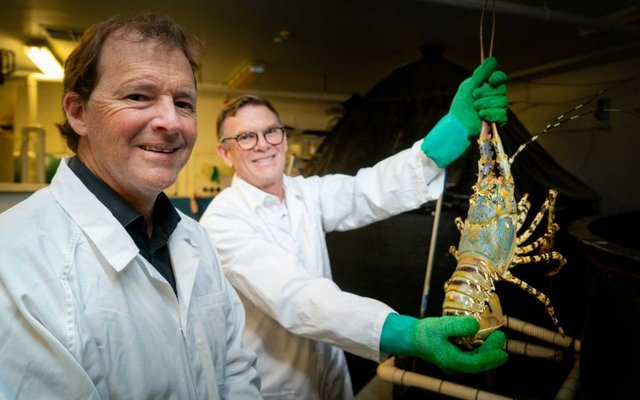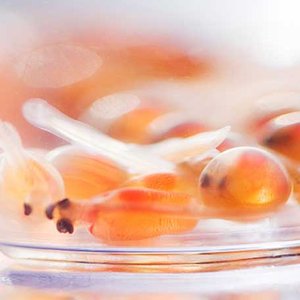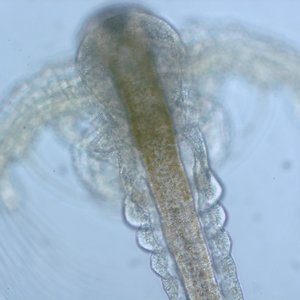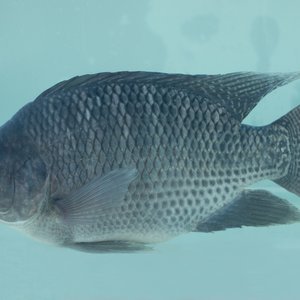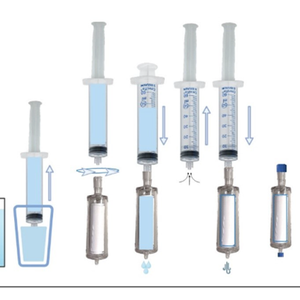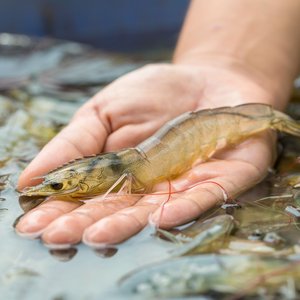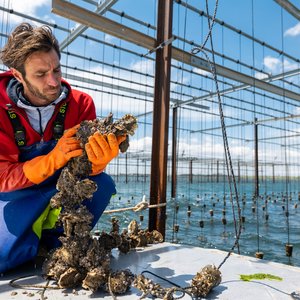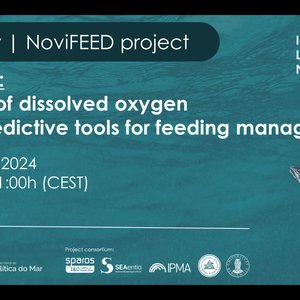The proposed construction of the world’s first commercial rock lobster hatchery at the IMAS research laboratory in Taroona aims to put Tasmania on the cutting edge of aquaculture.
The application was made by Ornatas Pty Ltd, a Tasmanian company that the University of Tasmania is partnering with to commercialize world-leading research that will, for the first time, enable tropical rock lobster production on a commercial scale after almost 20 years of research at Taroona.
The new state-of-the-art hatchery will be a two-storey 1,805 m2 building, replacing existing sheds that were part of the former DPIPWE site. The building will include a research laboratory, lobster hatchery, plant equipment space and offices. Wastewater will be discharged through the IMAS pump station after sterilization, with the highest level of biosecurity to ensure no contaminants enter the river. The tiny lobster hatchlings produced at Taroona will be grown out to marketable size at an Ornatas site near Townsville, Queensland. Ornatas will invest more than $25 million over the next five years in Australia which includes $10 million for this project.
Shadow Minister for Primary Industries, Fisheries and Water, Shane Broad, has welcomed the submission of a development application for the project, saying if approved, it will provide ongoing research and commercial benefits for the state. “IMAS scientists in Tasmania have already led the world in research to enable rock lobster aquaculture on a commercial scale,” Broad said. “Now, through this partnership between the University of Tasmania and Ornatas, we are on the cusp of establishing a new commercial industry for sustainable rock lobster production. This collaboration between researchers and industry shows what can be achieved to support the Tasmanian industry and growth.”


